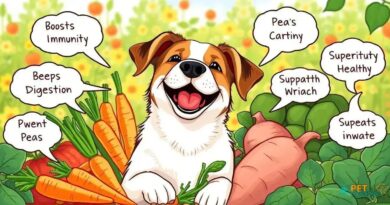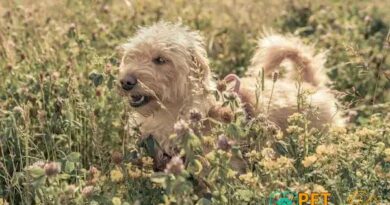What is Vegetation impact
What is Vegetation Impact?
Vegetation impact refers to the effects that plants and trees have on their surrounding environment. This encompasses a wide range of interactions, including how vegetation influences soil quality, water retention, and local wildlife habitats. Understanding vegetation impact is crucial for environmental conservation and urban planning, as it helps in maintaining ecological balance.
Types of Vegetation Impact
There are several types of vegetation impact, including positive and negative effects. Positive impacts include improved air quality, enhanced biodiversity, and increased soil stability. Conversely, negative impacts may arise from invasive plant species that disrupt local ecosystems or from deforestation that leads to habitat loss. Recognizing these types is essential for effective environmental management.
Vegetation Impact on Soil
The relationship between vegetation and soil is intricate. Plants contribute to soil health by preventing erosion, enhancing nutrient cycling, and improving soil structure. Roots help bind soil particles together, reducing the risk of landslides and promoting water infiltration. This impact is particularly significant in agricultural settings, where healthy soil is vital for crop production.
Vegetation Impact on Water Resources
Vegetation plays a critical role in the hydrological cycle. Trees and plants absorb rainfall, reducing surface runoff and promoting groundwater recharge. This process helps maintain water quality by filtering pollutants and sediments. In urban areas, the presence of vegetation can mitigate flooding and reduce the heat island effect, making cities more resilient to climate change.
Vegetation Impact on Biodiversity
Healthy vegetation supports diverse ecosystems by providing habitats for various species. Forests, grasslands, and wetlands are home to countless organisms, each playing a unique role in the ecosystem. The loss of vegetation can lead to decreased biodiversity, which in turn affects ecosystem services such as pollination, pest control, and nutrient cycling.
Human Activities and Vegetation Impact
Human activities, such as urban development, agriculture, and deforestation, significantly influence vegetation impact. Urbanization often leads to habitat fragmentation, while intensive farming practices can degrade soil and reduce plant diversity. Sustainable practices, such as reforestation and permaculture, aim to mitigate these negative impacts and promote a healthier relationship between humans and nature.
Measuring Vegetation Impact
Assessing vegetation impact involves various methodologies, including remote sensing, field surveys, and ecological modeling. These tools help researchers quantify changes in vegetation cover, assess biodiversity levels, and evaluate ecosystem services. Accurate measurement is essential for informing conservation strategies and policy decisions aimed at protecting natural resources.
Restoration and Vegetation Impact
Restoration ecology focuses on rehabilitating degraded ecosystems to enhance their vegetation impact. This may involve replanting native species, controlling invasive plants, and restoring natural water flow. Successful restoration not only improves the ecological health of an area but also enhances its capacity to provide essential services, such as carbon sequestration and habitat for wildlife.
Future of Vegetation Impact Studies
The study of vegetation impact is evolving with advancements in technology and a growing understanding of ecological interactions. Researchers are increasingly using data analytics and machine learning to predict how changes in vegetation will affect ecosystems. This knowledge is vital for developing effective conservation strategies and ensuring sustainable land use practices in the face of climate change.




